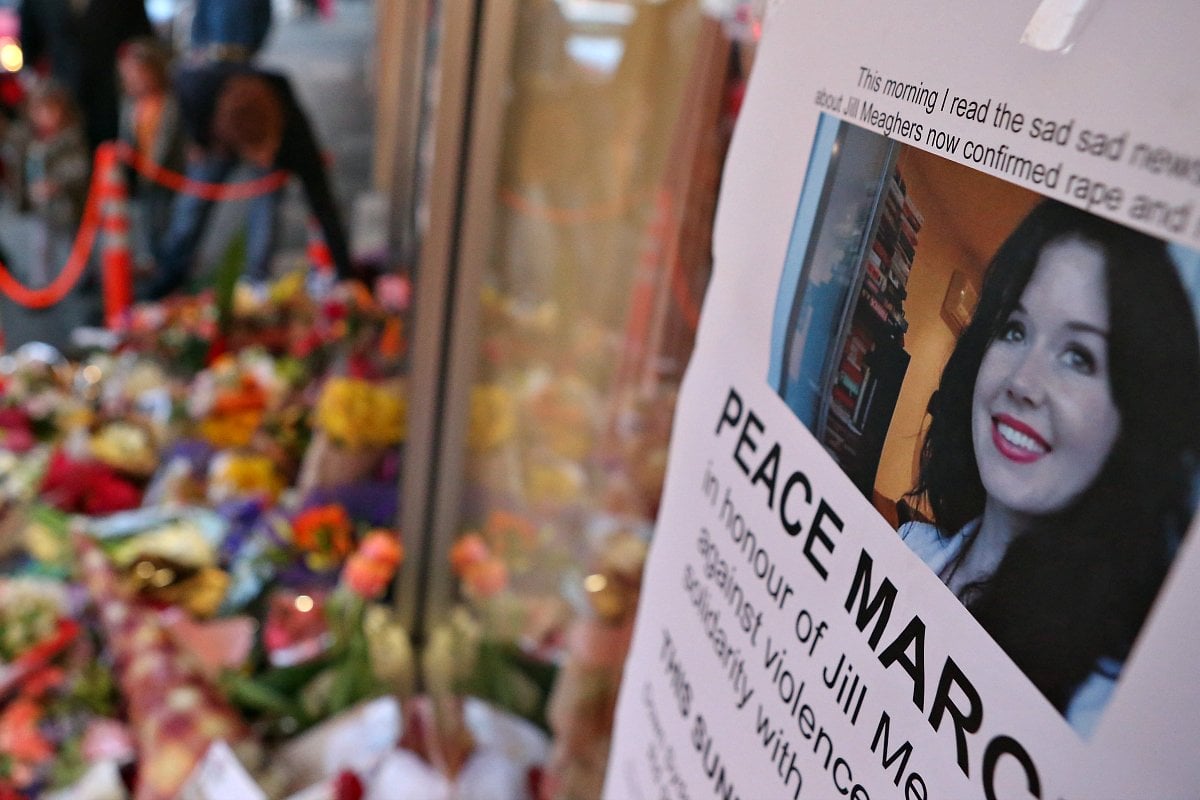
Jill Meagher, Aiia Maasarwe and Eurydice Dixon were Victorian women whose deaths have become central to the discussion about violence against women in this country.
Each was sexually assaulted and murdered in separate, unrelated incidents in Melbourne over the past decade, sparking nationwide headlines, tributes and advocacy.
Yet under proposed changes to Victorian law, it could soon be illegal to tell their stories.
Watch: Eurydice Dixon's father on how he wants people to remember his daughter.
The state's parliament will this week debate reforms that aim to make it an offence to publicly identify a deceased sexual assault victim.
The move would not only impact journalists and publishers, but anyone who posts on social media — including the victim's relatives and loved ones.
So why the sudden push for silence?
Here's what you need to know.
What does the current law say?
The current law — specifically, Section 4 (1A) of Victoria's Judicial Proceedings Reports Act 1958 — restricts the publication of any information that could lead to a sexual assault victim being identified.




























































































